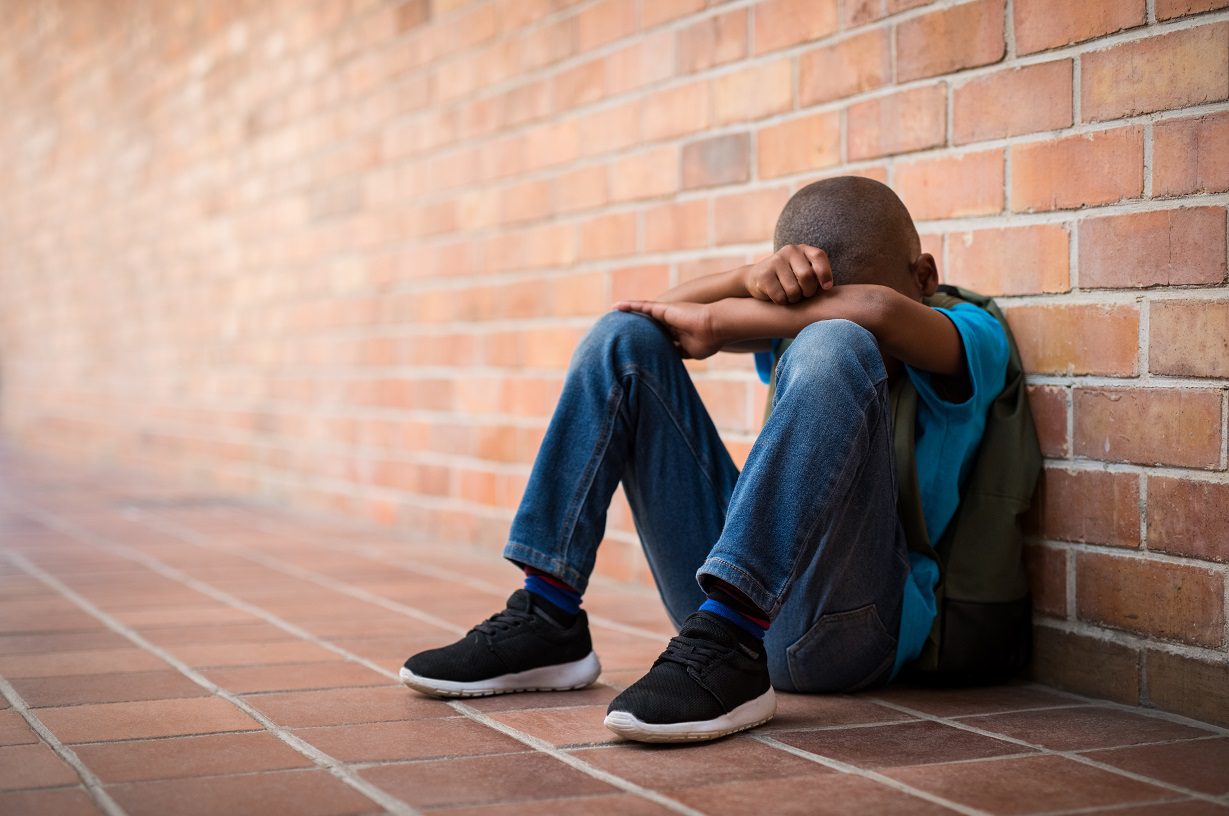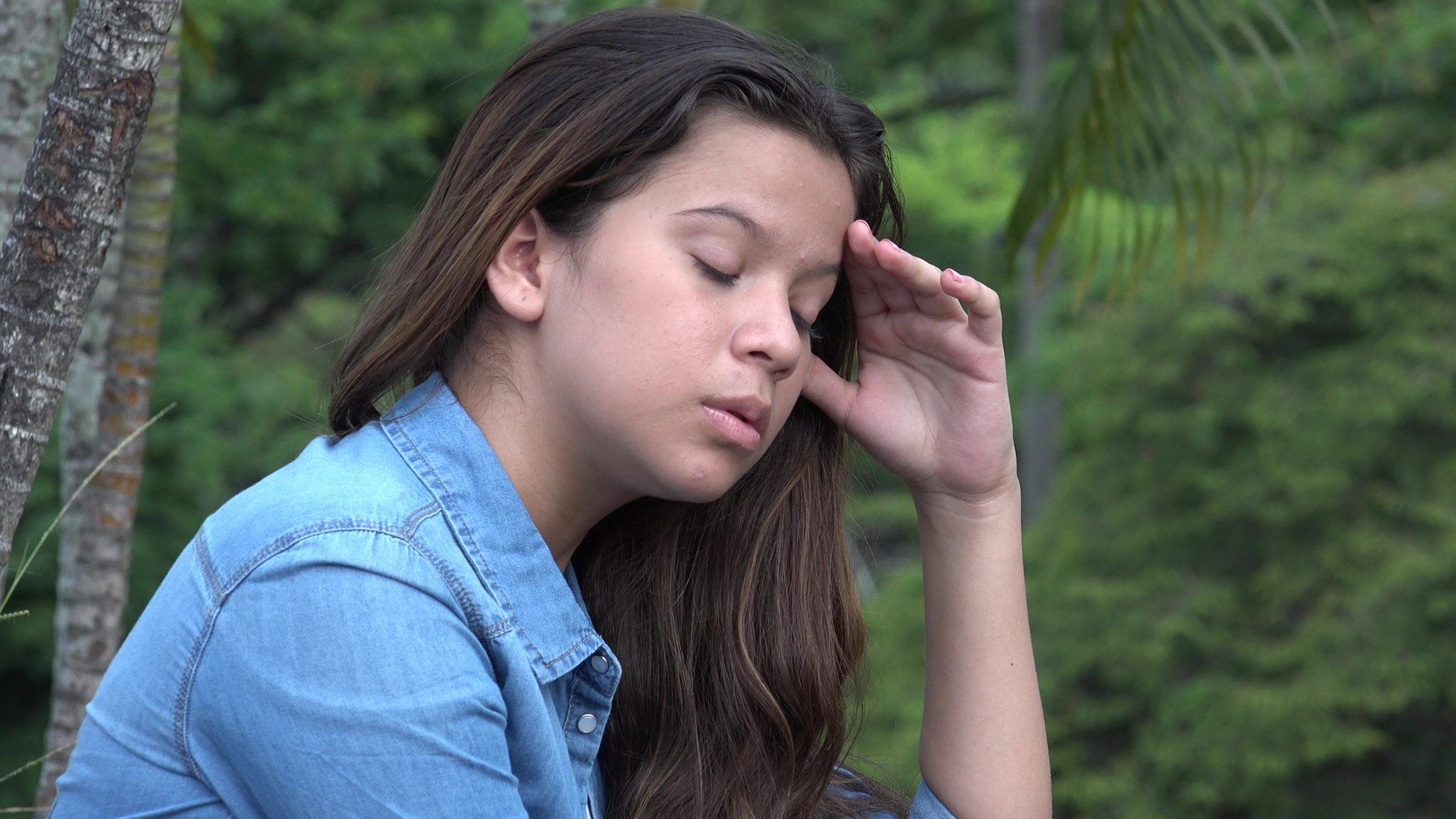Grade School
The Intense Power Of Love On Our Kids

There was this song that came out when I was 13 years old. It was by Dan Folgelberg, and I played it over and over again on my Pioneer turntable. It went like this:
“Longer than there’s been fishes in the ocean. Higher than any bird every flew. Longer than there’s been stars up in the heavens. I’ve been in love with you.
Processing Speed in Social Relationships

This post is one in a multi-part series from Dr. Braaten entitled Bright Kids Who Can’t Keep Up.
What Is An Adjustment Disorder?

My friend Samantha called me in a panic. Her 8-year-old daughter, Lindsey, was struggling with the fact that her parents were getting divorced. There had been a lot of conflict in the marriage. Samantha’s ex-husband was an alcoholic and, though he was receiving treatment, he had been frequently unemployed.
School Refusal: When Back-to-School Is a Struggle

PDF Download – School Refusal
Jump to: Ways to Help
Most school-age kids are typically eager to head back to school after a break.
Managing Back-To-School Stress

Hans Selye, a Hungarian scientist who was a pioneer in modern stress research, was quoted as saying:
“It’s not stress that kills us, it is our reaction to it.”
Today, 75 years after he made that statement, it rings as true as ever.
How to Get a Core Evaluation Completed Through Your School District

Este artículo está disponible en español.
How do you get a core evaluation completed through your local school district?
Well, the short answer is, “You ask for it.
How To Tell If Your Child Is Stressed This Summer

Summertime…and the kids are stressed out.
That’s not exactly the song that most of us might remember as we welcome the seemingly carefree days of summer vacation. Still, summer can be surprisingly stressful for children and adolescents.
Dyslexia 101

This blog is the first in a series on dyslexia. Topics to be addressed further in include treatment for dyslexia, accommodation options available, and the transition of a child to college, life, etc. following diagnosis.
Sharon was a 2nd grader who was struggling with learning to read.
Driving Dyslexia Away

A young NASCAR star and his parents discuss his triumph over dyslexia, and the Clay Center team provides guidance on what you can do if your child has learning differences.
Includes a roundtable discussion with Drs. Gene Beresin, Ellen Braaten, and Steve Schlozman on the topic of dyslexia beginning at 3:07 of the segment.
What Is Post-Traumatic Stress Disorder (PTSD)?

Sometimes really horrible things happen. Automobiles crash. Assaults, robberies, fires, natural disasters, terrorism—these are all products of our world that we hope to never have to face. Still, no one is immune; adults, children and adolescents endure horrors every day.



